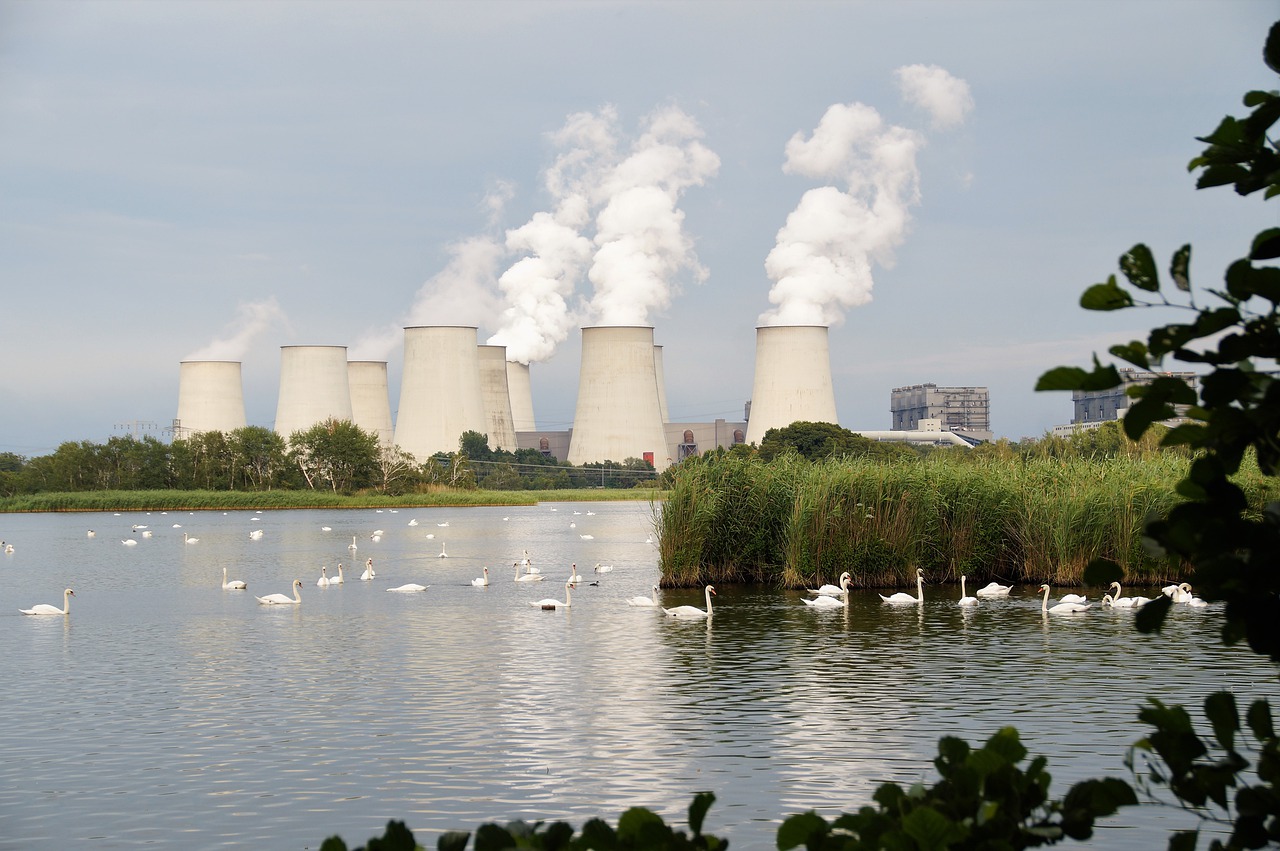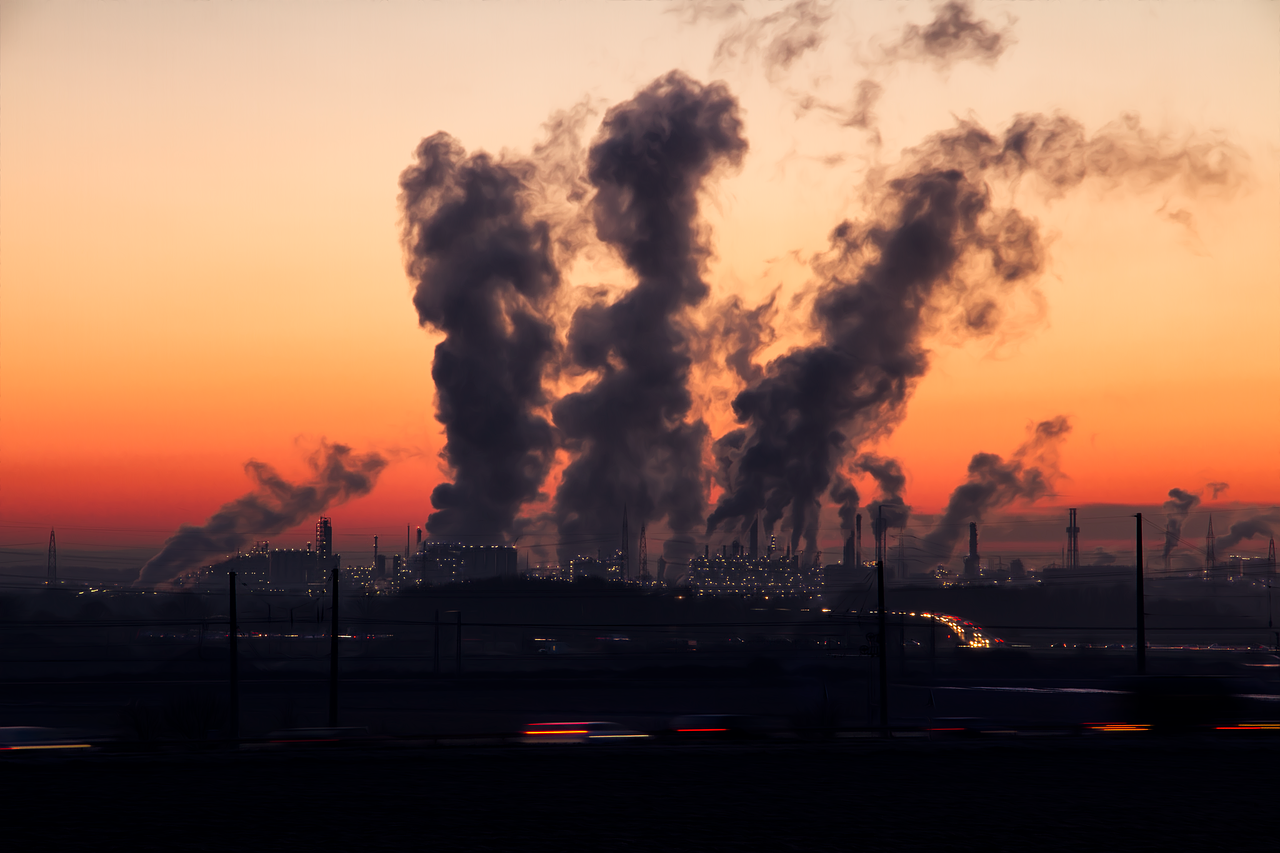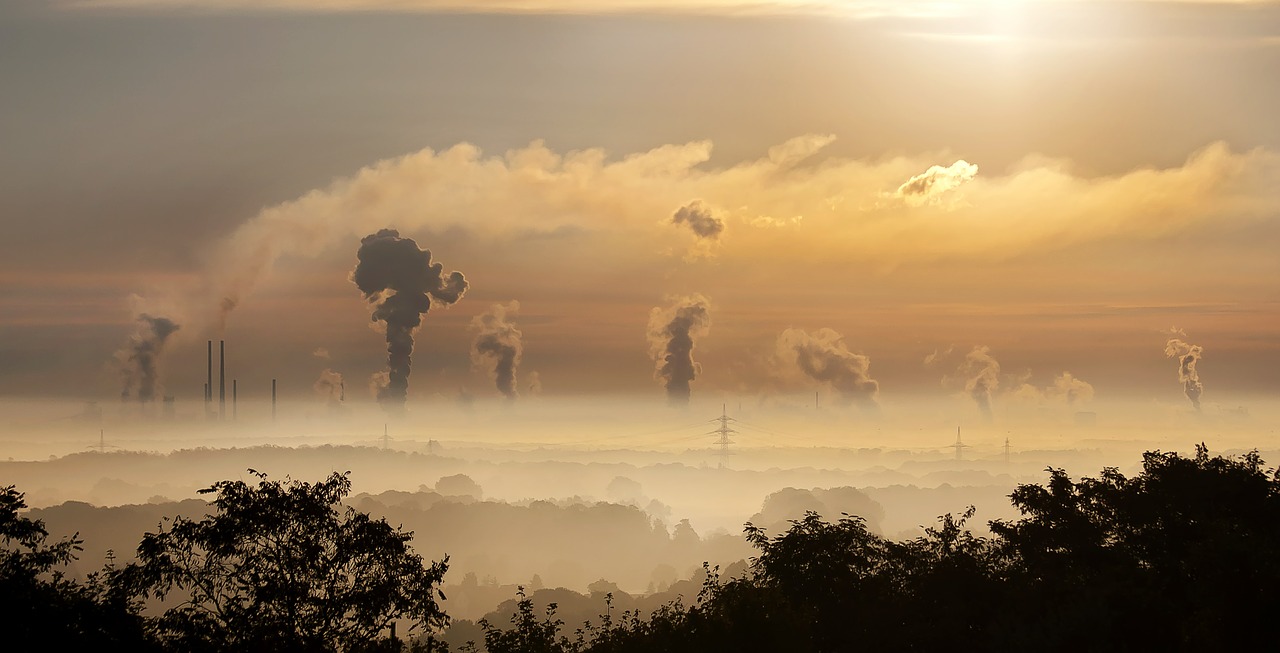Air pollution is one of the largest contributors to climate change and global warming. The emissions generated by various industries, factories, and vehicles pose a health risk to citizens in major cities. The air they breathe in daily usually contains numerous harmful pollutants that have an adverse effect on the lungs and health in general. In this article, we’re taking a look at six different ways of approaching the problem of air pollution and how the city and its citizens can take part in improving air quality.
Better monitoring
The amount of nitrogen oxide emitted from the cars makes them one of the major air pollutants in urban areas, with densely populated areas being exposed to a higher risk of developing certain lung conditions due to these harmful emissions. Gasoline engines don’t emit nearly as much nitrogen oxide as the newer models of diesel cars (latter release six times more NOx). One way to deal with this issue and reduce emissions is to impose stricter testing on passenger cars as well as better monitoring of the emission of pollutants. This will help minimize the air pollution in major cities and provide city officials with enough data they can use to vary their strategies for lowering harmful emissions from vehicles.
Renewable fuel and energy production
An alternative to conventional energy sources, renewable energy sources are generated through natural processes. Geothermal, solar, and ocean thermal energy are some of the most sustainable forms of energy, as well as hydropower, wind power, hydrogen, and bioenergy. Because natural means constantly renew these energy sources, there is no risk of them running out. As opposed to fossil fuels, the carbon footprint generated by renewable energy sources is drastically reduced, which means they could be considered one of the best solutions for fighting air pollution. In addition, the cost of sustainable energy sources is constantly dropping, which means replacing fossil fuels with solar and wind power shouldn’t hurt the budget.

Eco-friendly public transportation
Another great way to tackle air pollution in cities would be to introduce eco-friendly public transportation. Citizens who use public transportation are already doing a big favor to the environment since they’re not using their cars to commute, thus reducing greenhouse gas emissions. However, cities could reduce their carbon footprint even more by adopting public transport that uses biodiesel or ethanol as biofuels. If cities switched from petrol or diesel-powered vehicles to electric trains, trams, and buses, that would significantly improve the air quality of the city. Using public transportation also means that the need for building new roads and repairing the existing ones will decrease, which would be a big step towards the preservation of the surrounding ecosystems.
Green buildings
Not only do eco-friendly buildings reduce the negative impact of air pollution on the environment, but they also promote a healthy environment and have a positive impact on both the environment and the climate. Incorporating vegetation into the building’s design will help clear the outside air of harmful pollutants and the greenery will also act as a sound-proofing barrier. Vertical Garden units are perfect for modernizing urban spaces and adding greenery to a building – not only do they enhance the appeal of the building, but they’re also a practical solution for combating effects of air pollution, thus reducing the carbon footprint of a building. Some of these green walls can filter the same amount of air as two hundred trees, making them an investment worth considering.
Recycling
Something that citizens can do as individuals and help reduce air pollution is to recycle. The processes involved in the production of new products take far more energy than manufacturing products using recycled objects. Because they have already been processed before, working with recycled products doesn’t require the same amount of energy and manufacturing them is far less polluting. In addition, the more the citizens recycle, the more items are saved from going to landfills, which is a big step towards improving the city’s air quality. What’s more, because there is less need for processing raw materials, less fossil fuel is burned, which in turn reduces greenhouse gas emissions.

Raising awareness
Another thing both citizens and city officials can do to start making a positive change is to raise awareness about the dangers of air pollution. Many people aren’t aware of the consequences that come with poor air quality in the city and the impact it can have on their health, which is why it is important to raise awareness among the public. In addition, most aren’t informed about the levels of air pollution in their city, which prevents them from taking the necessary action as well as reducing their impact on the environment. Discussing the advantages of carpooling, using public transportation or relying on eco-friendly means of transportation such as bikes and hoverboards would be a great way to educate citizens and encourage them to take action in the preservation of their city’s air quality.
Conclusion
Considering the consequences that air pollution has on human health and environment in general, it is clear that something must be done about the sources that continuously contaminate our atmosphere. Fortunately, there are ways to tackle this global health hazard and prevent the situation from escalating. Renewable energy, eco-friendly transportation, and recycling are just some of the ways we can curb global warming and improve the quality of life.












